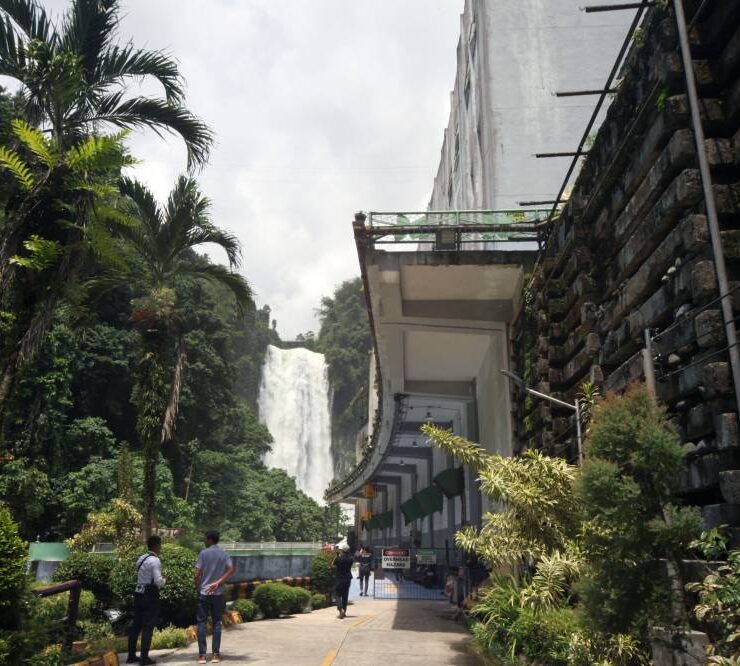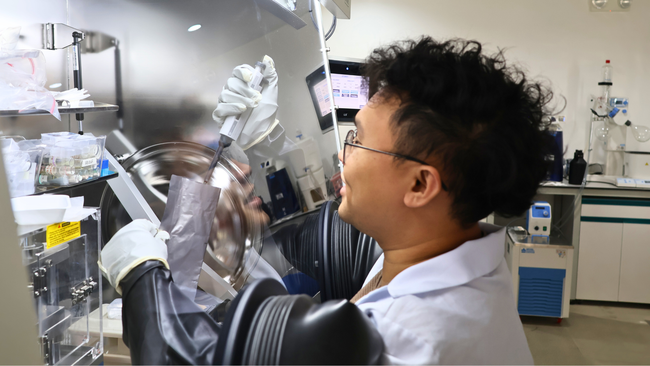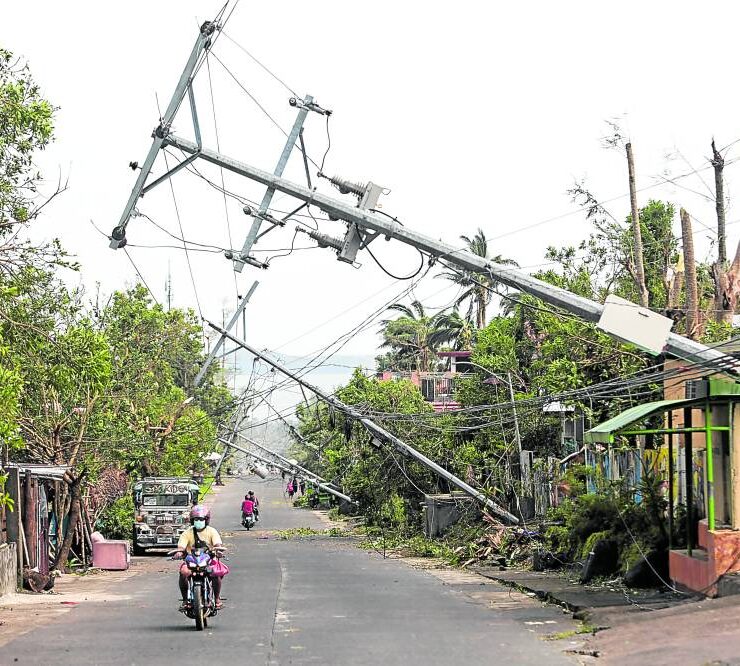How Globe became an ESG pioneer and leader in the Philippines

More than just a telecommunications company in the country, Globe Telecom is also among the leaders of corporate sustainability in Southeast Asia, as proven by its gold prize at this year’s Asia ESG Positive Impact Awards held in Malaysia.
But to get there, Globe spent nearly two decades embedding environmental, social, and governance (ESG) principles in its business operations. In 2008, the company released its first sustainability report and appointed a chief sustainability officer in 2015, marking 2025 as the 10th year of operationalizing sustainability in the business.
“Our Sustainability Journey started over 15 years ago and today, we are fully committed to fulfilling our net-zero targets,” said Apple Evangelista, Head of Sustainability and Social Responsibility at Globe.
The company is the first publicly-listed company in the Philippines to have its net-zero targets validated by the Science-based Targets Initiative (SBTi).
‘Purpose-driven’ company
Speaking during this year’s Asia ESG Summit, Evangelista said that in 2016, Globe has embarked on a pivotal journey to being a truly “purpose-driven company.”
Part of the company’s commitments is supporting the United Nations Sustainable Development Goals (UN SDGs) and becoming a United Nations’ Global Compact Participant in 2019, described as the “world’s largest corporate sustainability initiative.”
The UN Global Compact calls on companies to do business responsibly by following its Ten Principles on human rights, labor, environment, and anti-corruption, as well as by advancing broader societal goals, such as the UN SDGs.

Operationalizing Sustainability
“It makes good business sense to practice sustainability,” Evangelista told the Inquirer in an interview. “Through our journey, we were able to see a lot of business benefits and one of which is financial savings.”
She noted that since around 2013, Globe has been implementing green network solutions, such as free-cooling systems, lithium ion batteries, and reduction of its use of diesel and gasoline fuel for its gensets.
By 2019, the company shifted to sourcing renewable energy for its headquarters. Currently, 134 of Globe’s cell sites use renewable energy, with a target of reaching 3000+ cell sites powered by RE in 2028. According to Evangelista, Globe was able to generate at least 10 percent in savings since its shift to renewable energy.
Aside from financially-linked benefits, Evangelista said incorporating sustainability also means improving Globe’s operational efficiency, allowing the company to build climate-resilient infrastructure that can better service its customers.
Evangelista also stressed that practicing sustainability is a shared role across the company.
“ESG is integrated in our corporate strategy and performance… [with] 10 percent of our employee performance rating dedicated to sustainability. ESG is also a criteria in the company’s long-term incentive plan,” she added.

Immersive and inclusive sustainability experience
Globe also gives its employees a one-day volunteer time off, allowing them to volunteer in their local communities. “Employee volunteering is part of an immersive sustainability experience, and thus becoming part of our culture,” she said.
But sustainability does not end with the company’s employees. It is also aiming to embed such principles in every key step of its supply chain, including in its procurement processes.
“At the vendor accreditation level, we have our supplier code of ethics, which has been around since 2017,” said Evangelista. “We have also embedded sustainable practices in Globe’s procurement process.”
“Operationalizing Sustainability at Globe requires purpose-driven collective action across our employees and partner stakeholders,” she added.





















